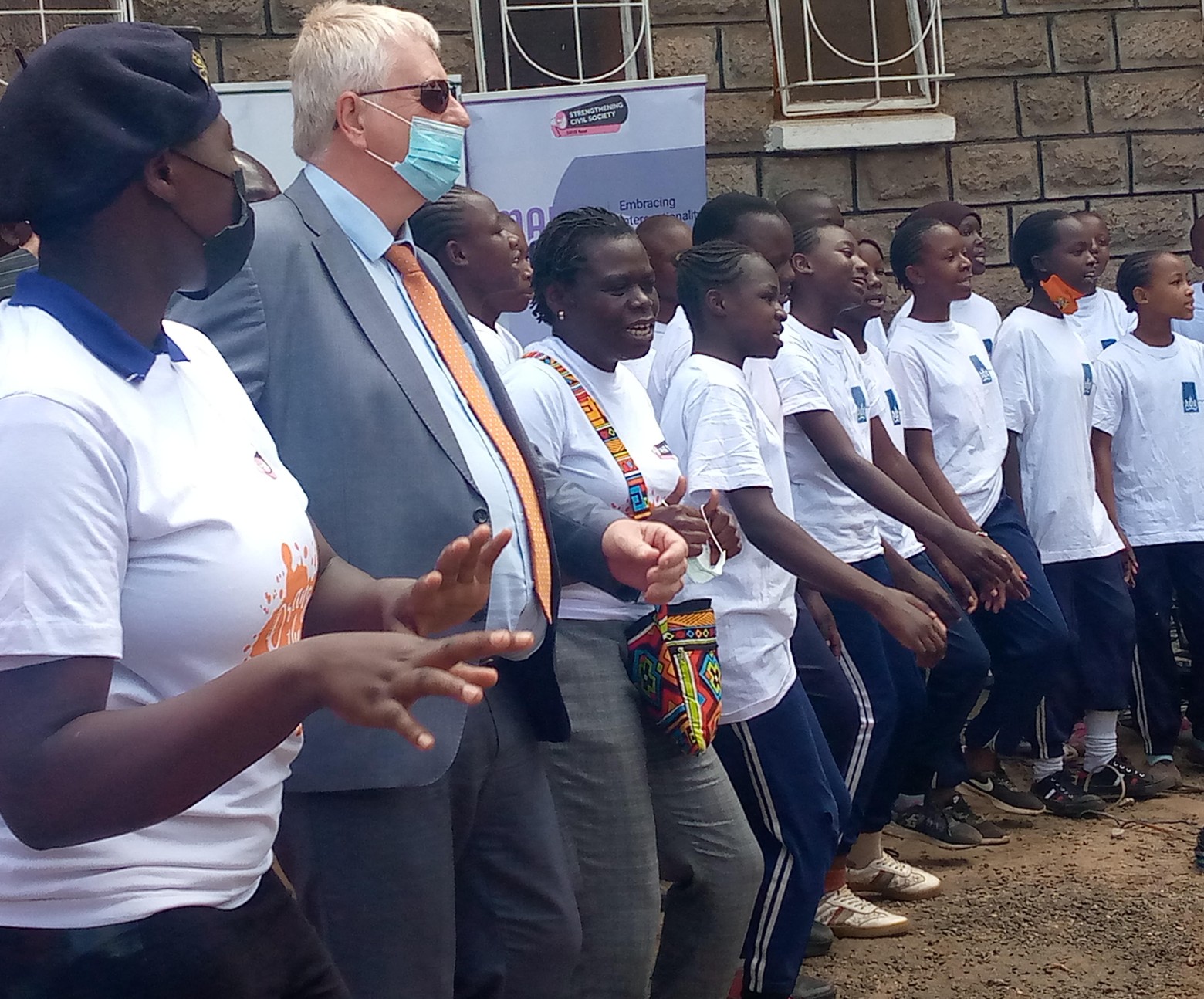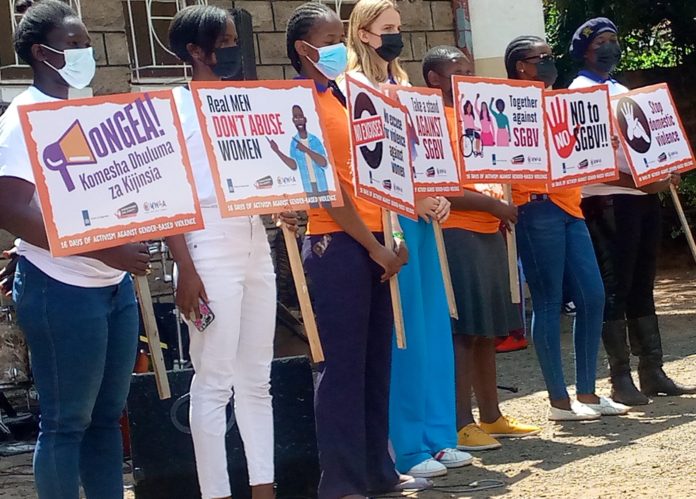By Lenah Bosibori
Nairobi, Kenya: Mohamed Sheikh, the director-general of, National Council for Population and Development (NCPD) said that due to the lockdowns, school closures, and curfews aimed at curbing the spread of coronavirus, many teenage girls became pregnant and others infected with HIV/AIDS.
“Sexual and gender-based violence has increased among the youth. Data from the County shows that Nairobi is leading with 1,659 cases of gender-based violence reported this year mostly in the informal settlements,” Sheikh said at a briefing in Nairobi.
He added that sexual and gender-based violence is a serious human rights violation and there was the need to put an end to socio-economic and cultural conditions that expose women to physical abuse.
“Sexual and gender-based violence has rendered thousands of teenage girls pregnant and others infected with HIV and some have dropped out of school,” Sheikh observed
During the International Conference on Population and Development held in Kenya’s capital Nairobi in 2019, the country reaffirmed its commitment to eliminate all forms of gender-based violence by 2030.

Sheikh regretted that violence against women and girls threatens human capital development needed for rapid economic growth in the country
He said the government was committed to the elimination of all forms of gender-based violence and to the effect of the provision of parity and availability of services to all survivors.
“Gender-based violence is a harmful cultural practice that is hindering national development, we must end gender-based violence against girls, women, and men now,” said Sheikh.
Chebii Kilimo the chief administrative secretary, Ministry of Gender disclosed that gender-based violence recovery centers and shelters will be established in all counties by 2026
“We understand that currently, such facilities are few despite their high demand across the country,” said Kilimo.
“Through the consultative effort, we have developed the national guidelines for the established of gender-based violence recovery centers at health facilities and to ensure both standards and quality are upheld in both the establishment and functioning,” she added.
My call to community leaders is to engage our people to accept that times have changed and that we cannot resolve our differences or address other societal challenges by meeting violence on other people,” said Kilimo.














